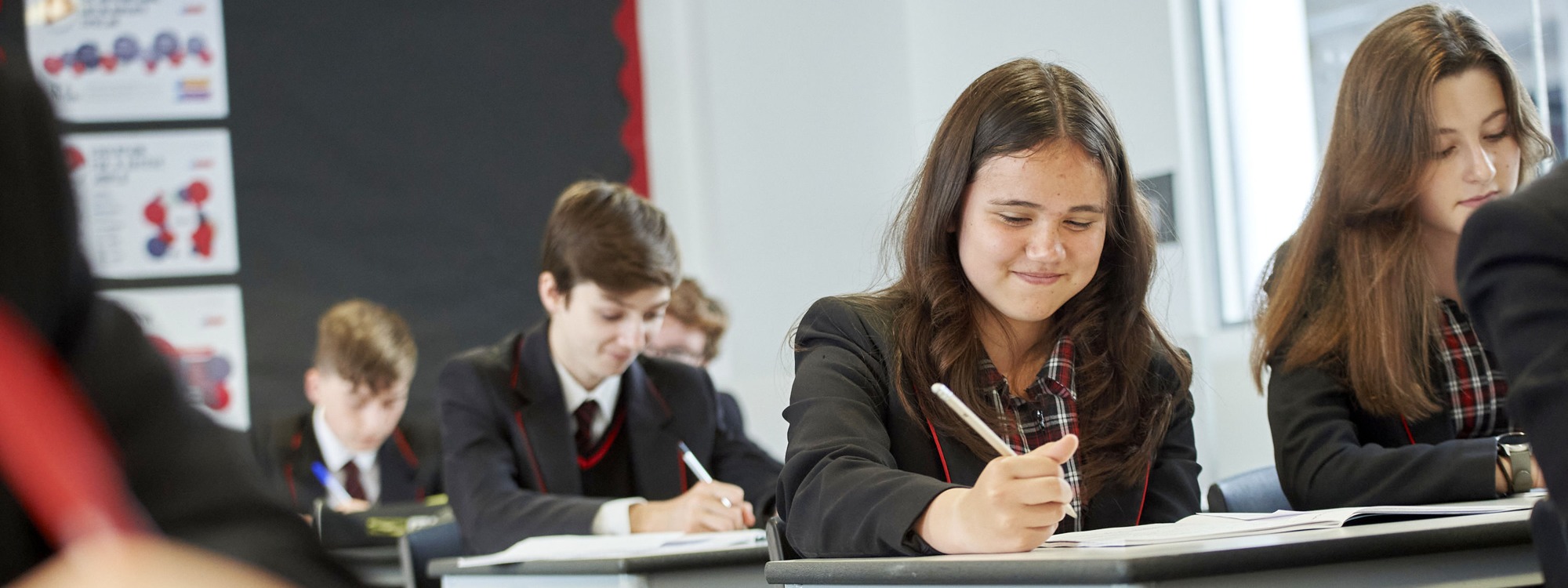History
What is the intent of our History Curriculum?
We firmly believe that the teaching of History at SKA must be highly engaging and relevant to all students. Our focus is on modern history, and we use a variety of teaching strategies to improve the way students think whilst encouraging their independent learning skills. History is regarded as one of the five key ‘facilitating subjects’ by employers and universities. Our students understand that the subject is both highly valuable as an academic qualification, but also enriches their appreciation and understanding of the wider world.
Through the study of History, we aim to develop our students’ knowledge, skills and attitudes in line with the IB learner profile, which aims to develop learners as inquirers, knowledgeable, thinkers, communicators, principled, open-minded, risk-takers, reflective and balanced individuals.
The History department consists of teaching from KS3 to KS5. We offer the IB MYP History curriculum in KS3, the AQA History in KS4 and in KS5 we offer the IBDP History course. We also offer IBDP Social and Cultural Anthropology.
Co-curricular and Enrichment opportunities
- Year 9 trip to the World War One Battlefields at Ypres and the Somme.
- Sixth Form participation in Model United Nations General Organisation
- Trips to Krakow and Berlin
- KS3 History Club
- Mock Trial
Years 7, 8 & 9
IB MYP History Years 7, 8 and 9
History encourages an appreciation of the world around them. We cover a wide range of subjects from Ancient Civilisations to Post War Britain. We cover key topics in British history which have shaped our national development including the Industrial Revolution and both the World Wars. Additionally, unlike other schools in the area, we have a history unit dedicated to the history of the Tunbridge Wells area. This allows students to understand the connections between local history and national events. We also believe that the skills of a historian enable students to be far more critical of what they read and hear. In the world of ‘fake news’ and social media, history students what SKA have the insight to be able to question the information they are presented with. We also have carefully constructed a Key Stage Three curriculum which promotes diversity and tolerance. Black and Asian history is a key part of our lessons. Similarly, the history of the struggle for equal rights for women is also a major component of our syllabus.
Years 10 & 11
Course Title: History
Exam Board: AQA GCSE
About the course
The course is designed to cover a wide variety of popular history topics. There is a range of social, political and social history included. It is designed to support our IBDP course at Sixth Form.
Conflict and Tension 1945-1972
This wider world depth study enables students to understand the complex and diverse interests of different states and individuals and the ideologies they represented. It considers revolutionary movements during this time. It focuses on the causes and events of the Cold War and seeks to show how and why conflict occurred and why it proved difficult to resolve the tensions which arose during the Cold War. This study also considers the role of key individuals and groups in shaping change and how they were affected by and influenced international relations.
Health and the People 1000 AD until the present Day
This thematic study will enable students to gain an understanding of how medicine and public health developed in Britain over a long period of time. It considers the causes, scale, nature and consequences of short and long term developments, their impact on British society and how they were related to the key features and characteristics of the periods during which they took place. Although the focus of this study is the development of medicine and public health in Britain, it will draw on wider world developments that impacted on the core themes. Students will have the opportunity to see how some ideas and events in the wider world affected Britain and will promote the idea that key themes did not develop in isolation, but these ideas and events should be referenced in terms of their effects on the core theme for Britain and British people.
Elizabethan England 1568-1603
This option allows students to study in depth a specified period, the last 35 years of Elizabeth I's reign. The study will focus on major events of Elizabeth I’s reign considered from economic, religious, political, social and cultural standpoints, and arising contemporary and historical controversies.
Germany 1890-1945
This period study focuses on the development of Germany during a turbulent half century of change. It was a period of democracy and dictatorship – the development and collapse of democracy and the rise and fall of Nazism. Students will study the political, economic, social and cultural aspects of these two developments and the role ideas played in influencing change. They will also look at the role of key individuals and groups in shaping change and the impact the developments had on them.
For further information, please click here.
Years 12 & 13
Course Title: HISTORY
Exam Board: IB
Qualification: IBCP
About the course
The History course has an emphasis on Modern World History. However, the coursework (IA) element can be on any topic in History preferred by the student. The subject can be studied to Standard OR Higher level.
The structure is as follows:
Paper 1: Rights and Protest (1 hour source Paper worth 20% of the HL)
This topic focuses on the Civil Rights struggle in the USA and Apartheid in South Africa.
Paper 2 (1 hour 30 minutes essay-based exam. Worth 25% of HL)
- Component 1: Authoritarian States
This topic focuses on exploring the conditions that facilitated the rise of authoritarian states in the 20th century, as well as the methods used by parties and leaders to take and maintain power. We focus on the regimes of Fidel Castro and Joseph Stalin.
- Component 2: Superpower Tensions and Rivalries (2 hour essay based exam worth
The Cold War dominated global affairs from the end of the Second World War to the early 1990s. This topic focuses on how superpower rivalries did not remain static but changed according to styles of leadership, strength of ideological beliefs, economic factors and crises involving client states.
Paper 3: (HIGHER LEVEL ONLY): The Cold War and the Americas (1945-81)
This section focuses on the development and impact of the Cold War on the region. The focus will be the effect of the Cold War on the domestic and foreign policies of USA, Canada and Cuba.
IA (Internal Assessment)
Coursework (IA) History related topic of the students’ choice. It does not have to be related to the other topics studied. For example, a student could choose a topic from Ancient History.
Assessment
- Paper 1 (1 hour). Answer 4 questions from one prescribed subject source paper
- Weighting SL - 30%
- Weighting HL - 20%
- Paper 2 (1 hour 30 minutes) Answer two essay questions on two different tpics. Essay paper.
- Weighting SL - 40%
- Weighting HL - 25%
- Internal Assessment A historical investigation on a topic of the students' choice. 25 marks.
- Weighting SL - 20%
- Weighting HL - 20%
- Paper 3 Three essay questions on selected region. Essay paper.
- Weighting HL - 35%







